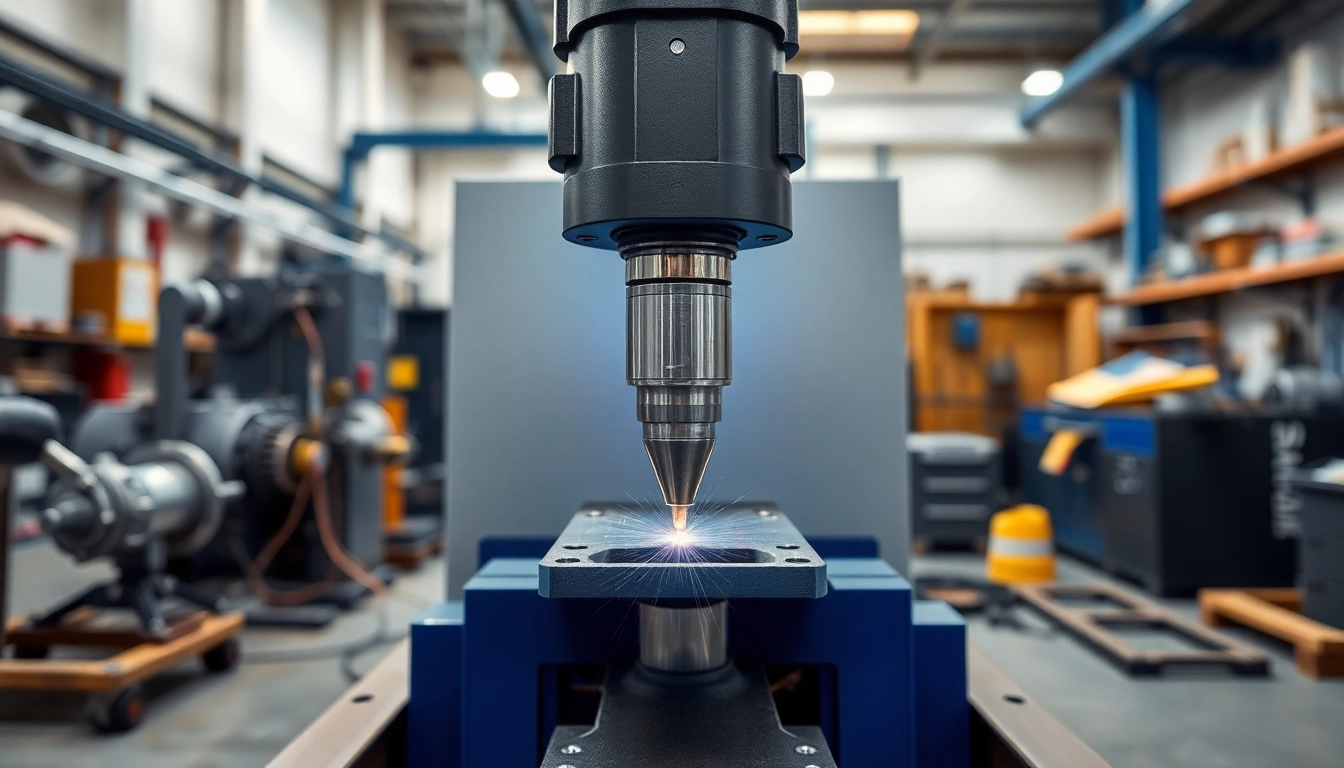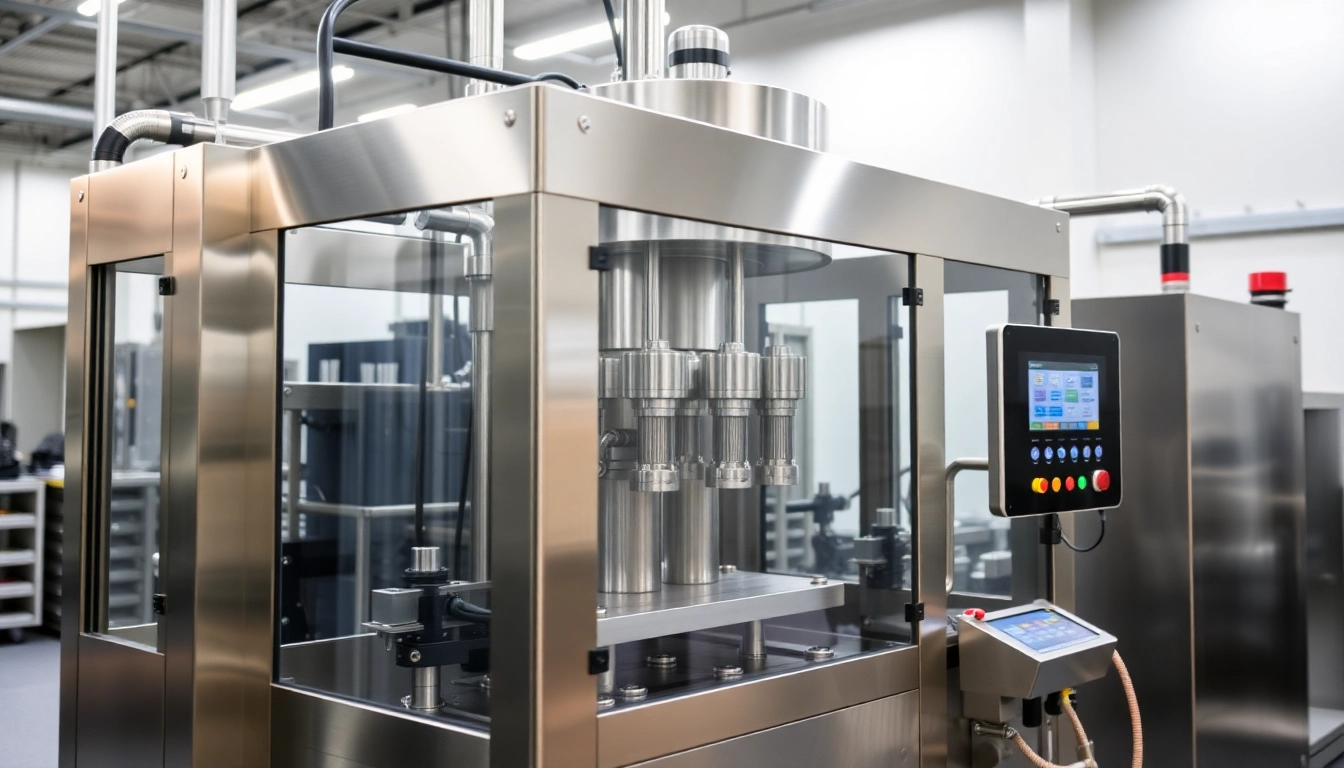Understanding Cellulose Ethers
Definition and Applications
Cellulose ethers are semi-synthetic derivatives of cellulose, a natural polymer derived from plant cell walls. They are created through a chemical reaction that modifies the cellulose structure, giving rise to various functional properties. These modifications enable cellulose ethers to interact with water and other substances in unique ways, making them valuable in numerous industries.
In terms of applications, cellulose ethers are widely used in industries such as food, pharmaceuticals, construction, and personal care products. For instance, in the food industry, they act as thickeners and stabilizers, enhancing texture and consistency. In pharmaceuticals, cellulose ethers have roles as binders in tablet formulations and as agents that control drug release. Additionally, in construction, they improve the workability of cement and mortar, while in personal care products, they serve as emulsifiers and film-formers.
Types of Cellulose Ethers
Various types of cellulose ethers exist, each tailored for specific applications based on their unique properties:
- Methylcellulose (MC): Known for its ability to form gels and retain water, methylcellulose is commonly used as a thickening agent in food products and as a binder in pharmaceuticals.
- Hydroxypropyl methylcellulose (HPMC): A versatile cellulose ether, HPMC is used in construction for improving the workability of cement and also in the pharmaceutical industry as a coating agent.
- Carboxymethyl cellulose (CMC): This ether is highly effective as a thickener and is used in many applications, including drilling fluids in oil extraction, food processing, and personal care formulations.
- Ethylcellulose (EC): With its unique film-forming properties, ethylcellulose is widely used in coatings and as a release agent in tablet formulations.
Market Trends
The cellulose ether market has been experiencing significant growth, driven by increased demand across various sectors. The trend towards natural and organic products is pushing manufacturers to innovate and develop cellulose ethers that meet sustainability criteria. Furthermore, as urbanization and infrastructure development continue globally, the demand for cellulose ethers in construction is expected to rise. Market research indicates a shift towards biocompatible options as pharmaceuticals and personal care industries emphasize safety and efficacy. This rising trend is reinforcing the importance of selecting a reputable Cellulose ether manufacturer to ensure product quality and compliance with industry standards.
Importance of Selecting a Quality Cellulose Ether Manufacturer
Impact on Product Quality
The quality of cellulose ethers directly affects the performance of the end products they are used in. Manufacturers with stringent quality controls ensure that their cellulose ethers have consistent molecular weight, purity, and solubility, which are critical for applications in food, pharmaceuticals, and construction. Poor quality materials can lead to product defects, which can subsequently damage brand reputation and result in significant financial losses.
Cost Considerations
When selecting a cellulose ether manufacturer, cost is always a key consideration. However, it’s essential to understand the balance between cost and quality. Often, opting for the lowest-priced supplier can result in compromised quality, leading to higher costs down the line due to product failures or recalls. Engaging with a reliable manufacturer ensures that the products are not only cost-effective but also adhere to the necessary standards that guarantee safety and efficacy.
Supplier Reliability
Supplier reliability is crucial in maintaining a smooth supply chain. Dependable cellulose ether manufacturers are not only consistent in delivering high-quality products but also offer timely deliveries and efficiently handle any issues that may arise during production or logistics. Establishing a long-term partnership with a reliable supplier can provide a competitive edge by ensuring that production schedules are met and that companies remain responsive to market demands.
Evaluating Potential Cellulose Ether Manufacturers
Quality Certifications and Standards
Before selecting a cellulose ether manufacturer, it’s critical to evaluate their adherence to quality certifications and industry standards. Certifications such as ISO 9001 indicate a manufacturer’s commitment to quality management systems, while those relevant to food safety, such as FDA approval or FSSC 22000, assure compliance with safety regulations. Companies should also investigate if manufacturers engage in continuous improvement programs to enhance product quality and operational efficiency.
Customer Testimonials and Case Studies
Analyzing customer testimonials and case studies can provide insight into a manufacturer’s reputation and the experiences of others in the industry. Positive feedback and success stories highlight a manufacturer’s ability to meet client needs effectively. Additionally, discussing challenges faced and how they were resolved can illustrate a manufacturer’s commitment to customer service and problem-solving capabilities.
Supply Chain Capabilities
The supply chain is a critical component of manufacturing. Understanding a potential supplier’s logistics and distribution capabilities can clue you in on their reliability. A robust supply chain ensures that raw materials are sourced efficiently and that the final products reach customers on time. Companies should assess manufacturers’ ability to scale production, manage inventory, and adapt to fluctuations in demand without compromising quality.
Common Challenges When Working with Cellulose Ether Manufacturers
Ensuring Consistency and Quality
One of the primary challenges faced when working with cellulose ether manufacturers is ensuring product consistency and quality. Variability in raw materials, manufacturing processes, and quality control measures can lead to inconsistencies. Manufacturers can mitigate these challenges by implementing strict quality assurance protocols and utilizing advanced manufacturing technologies that minimize variations.
Managing Lead Times and Deliveries
Lead times and delivery schedules can be unpredictable, especially when dealing with global supply chains. Delays can affect production schedules, resulting in lost sales and strained customer relationships. Clear communication between the manufacturer and the client is essential to set realistic expectations regarding timelines. Establishing buffer stocks and utilizing just-in-time delivery strategies can also reduce the impact of lead time fluctuations.
Technical Support and Customer Service
Technical support and customer service are often overlooked yet essential elements of a successful partnership with cellulose ether manufacturers. Manufacturers should provide comprehensive support, including product specifications, application guidance, and solutions for handling issues that may arise during production. Having access to knowledgeable support can enhance product performance and facilitate efficient troubleshooting processes.
Future Developments in Cellulose Ether Manufacturing
Technological Advancements
Technological advancements are set to revolutionize cellulose ether manufacturing. Innovations such as automation in production processes, advanced purification techniques, and the use of artificial intelligence for quality control are trends that will likely enhance efficiency and consistency. These improvements not only streamline production but also enable manufacturers to create tailored products that meet specific customer requirements.
Environmental Considerations
As the global push towards sustainability intensifies, environmental considerations are becoming increasingly important in cellulose ether production. Manufacturers are focusing on reducing their carbon footprint by improving energy efficiency, utilizing renewable energy sources, and sourcing raw materials sustainably. Additionally, the development of biodegradable cellulose ethers is a response to the rising demand for environmentally friendly products in various applications.
Innovations in Product Applications
The versatility of cellulose ethers continues to inspire innovations in their applications. For instance, new formulations of cellulose ethers are being developed for use in smart coatings that respond to environmental stimuli. Additionally, in the biomedical field, cellulose ethers are being explored as carriers for drug delivery systems due to their biocompatibility and ability to control release rates. These innovations not only open new doors for cellulose ether applications but also underscore the need for manufacturers to adapt to the evolving market landscape.



